Kyiv residents told to head to air raid shelters as sirens wail across city
Residents of the Ukrainian capital Kyiv were urged to head to air raid shelters early on Friday as sirens wailed across the city, a day after Russia carried out the biggest aerial assault since it started the war in February.
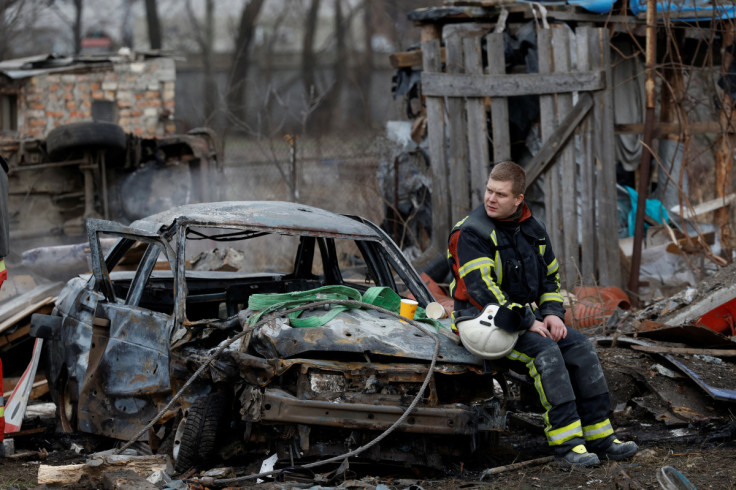
Residents of the Ukrainian capital Kyiv were urged to head to air raid shelters early on Friday as sirens wailed across the city, a day after Russia carried out the biggest aerial assault since it started the war in February.
Shortly after 2.00 a.m. Kyiv's city government issued an alert on its Telegram messaging app channel about the air raid sirens and called on residents to proceed to shelters.
Olekskiy Kuleba, governor of Kyiv region, said on Telegram that an "attack by drones" was under way.
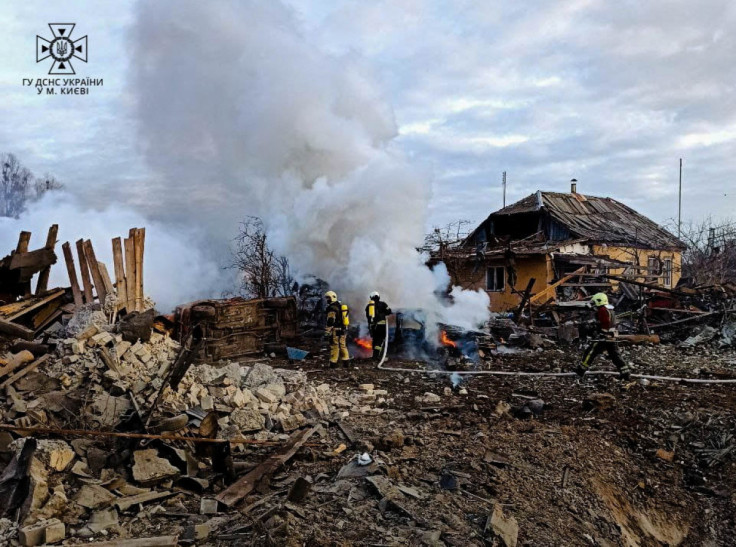
A Reuters witness 20 km (12 miles) south of Kyiv heard several explosions and the sound of anti-aircraft fire.
Ukrainian President Volodymyr Zelenskiy, in a video address on Thursday night, said air commands in central, southern, eastern and western Ukraine repelled 54 Russian missiles and 11 drones on Thursday.
Zelenskiy acknowledged that most regions were suffering power outages. The areas where loss of power was "especially difficult" included the capital Kyiv, Odesa and Kherson in the south and surrounding regions, and the region around Lviv near the western border with Poland, Zelenskiy said.
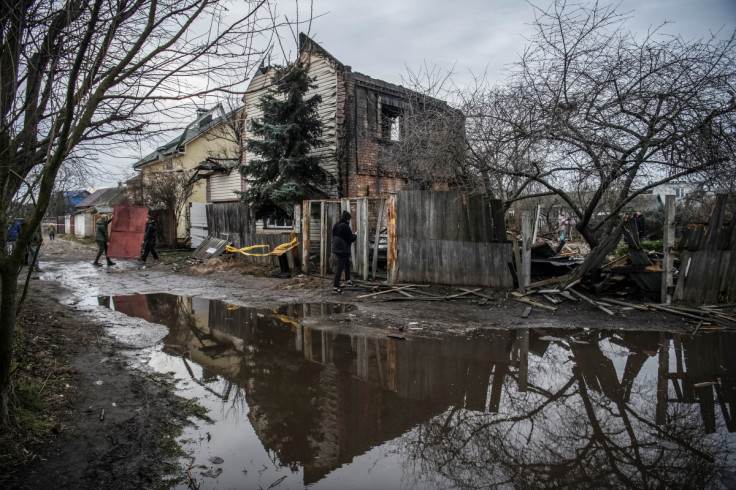
"But this is nothing compared with what could have happened if it were not for our heroic anti-aircraft troops and air defence," he said.
Reuters footage on Thursday showed emergency workers searching through the smouldering wreckage of residential homes in Kyiv destroyed by a blast and smoke trails of missiles in the sky. Officials had earlier said more than 120 missiles were fired during Thursday's assault.
More than 18 residential buildings and 10 critical infrastructure installations were destroyed in the latest attacks, the defence ministry said in a statement.
Waves of Russian air strikes in recent months targeting energy infrastructure have left millions without power and heating in often freezing temperatures.
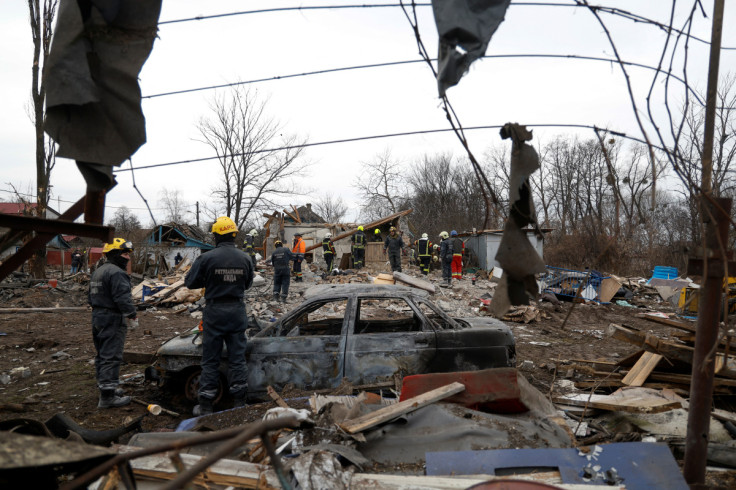
BATTLEFIELDS
Ukraine's smaller armed forces have scored several battlefield victories against the invading Russian troops but for months Zelenskiy has asked Western countries for additional help with air defence. To that end, the United States last week announced nearly $2 billion in more military aid, including the Patriot Air Defense System, which offers protection against aircraft, cruise and ballistic missiles.
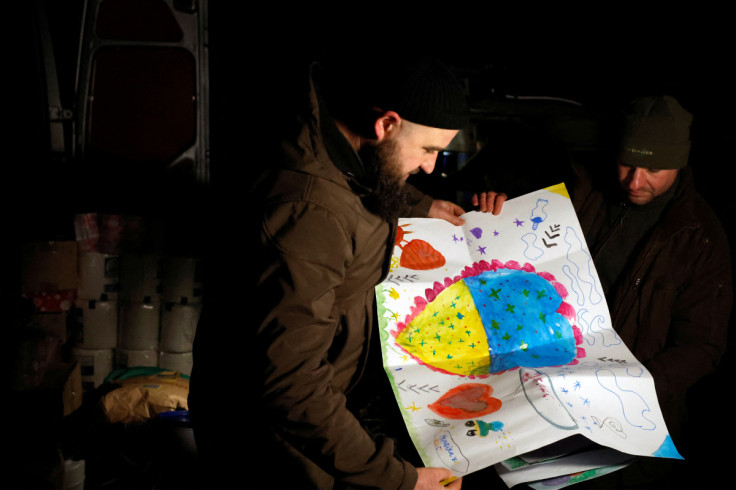
Moscow has repeatedly denied targeting civilians, but Ukraine says its daily bombardment is destroying cities, towns, and the country's power, medical and other infrastructure.
Russia invaded Ukraine on Feb. 24 in what President Vladimir Putin calls a "special military operation" against what it perceives as threats to its security. Ukraine and its Western allies have denounced Russia's actions as an imperialist-style land grab and imposed sanctions to try to disrupt the campaign.
The most intense fighting is still in the eastern frontline towns of Bakhmut and Soledar in Donetsk province, one of four regions Russia claimed to have annexed in September. The others are Luhansk in the east, and Kherson and Zaporizhzhia in the south.
Russian forces do not fully control any of the four regions, although the Kremlin has said they are making progress in one of the main stated goals of "demilitarising" Ukraine.
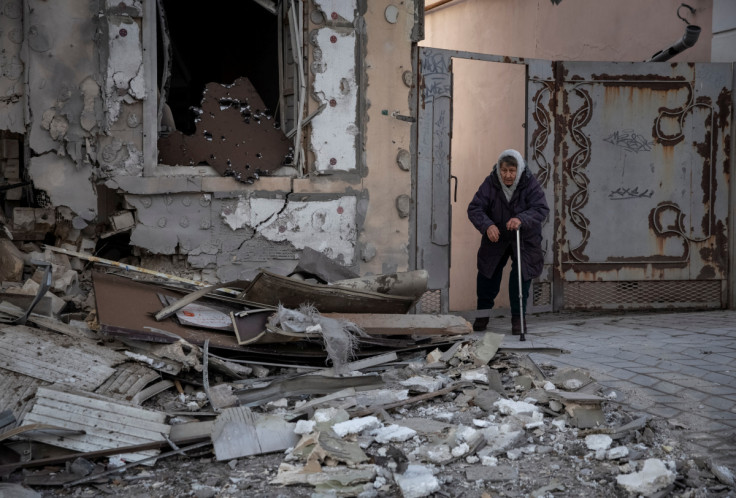
Russia is looking for a battlefield victory in eastern Ukraine and has been trying to capture Bakhmut for months.
Russia "has not abandoned the insane idea of capturing the Donetsk region," Zelenskiy said on Thursday night.
Ukraine's troops have held on in Donetsk, which together with Luhansk makes up Russian-speaking Donbas, an industrial heartland and part of which was seized by Russia-backed separatists in 2014. The same year, Russia also annexed the Crimean Peninsula from Ukraine.
Copyright Thomson Reuters. All rights reserved.





















